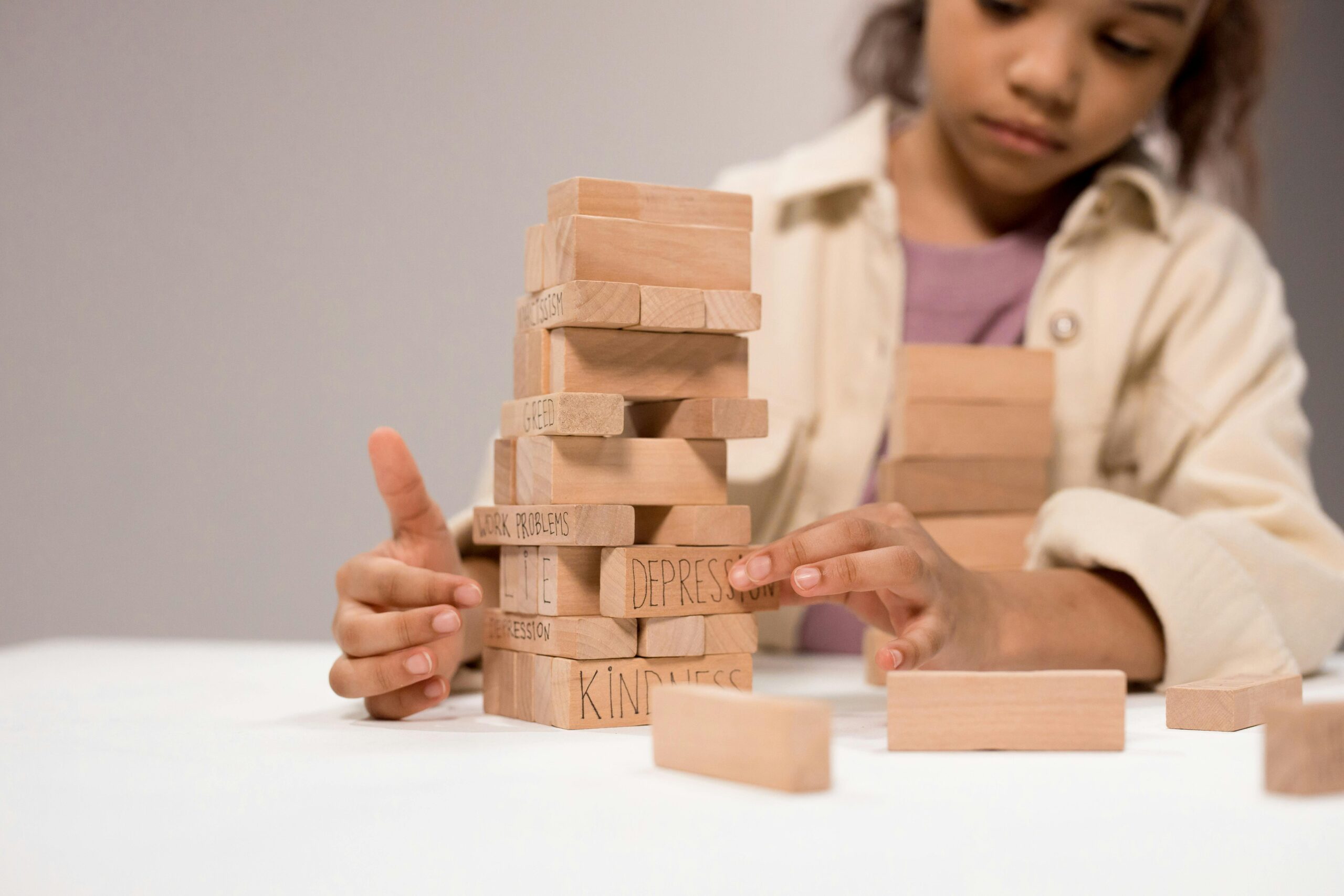When your child comes home with a disappointing grade, it’s natural to feel a mix of concern, frustration, and worry. How you respond in these moments can significantly impact your child’s emotional resilience and future academic motivation.
Thank you for reading this post, don't forget to subscribe!
The first and most critical step is creating a safe, supportive environment. Avoid immediate criticism or punishment. Instead, listen carefully to your child’s feelings and perspective. Your role is to be a compassionate ally, not a judge.
Modern parenting requires understanding that academic performance is complex. Children face unprecedented pressures – social media comparisons, intense educational competition, and rapidly changing learning environments. These factors can dramatically influence their academic experience.
Approach the conversation with empathy and curiosity. Ask open-ended questions that help your child reflect on their performance. “What do you think happened?” or “How are you feeling about this?” These questions encourage self-reflection and demonstrate that you’re interested in understanding, not just criticizing.
Work together to develop a constructive plan. This might involve connecting with their teacher, identifying specific learning challenges, or exploring additional support like tutoring. Show your child that setbacks are opportunities for growth, not permanent failures.
Help your child understand that grades are feedback, not a measure of their worth. Emphasize their effort, creativity, and personal qualities that extend far beyond academic performance. Build their confidence by highlighting their strengths and unique talents.
Teach practical study skills and time management techniques. Offer support without taking over their responsibilities. The goal is to empower them to become independent, confident learners.
Maintain perspective. One grade is a small moment in a long educational journey. Your consistent support, unconditional love, and belief in their potential will be far more impactful than any single test score.
Remember, your emotional response sets the tone. Stay calm, positive, and solution-focused. You’re not just helping your child through a grade – you’re teaching them how to navigate challenges with grace and resilience.
We hope it helps,
The Smart Parenting Blog







